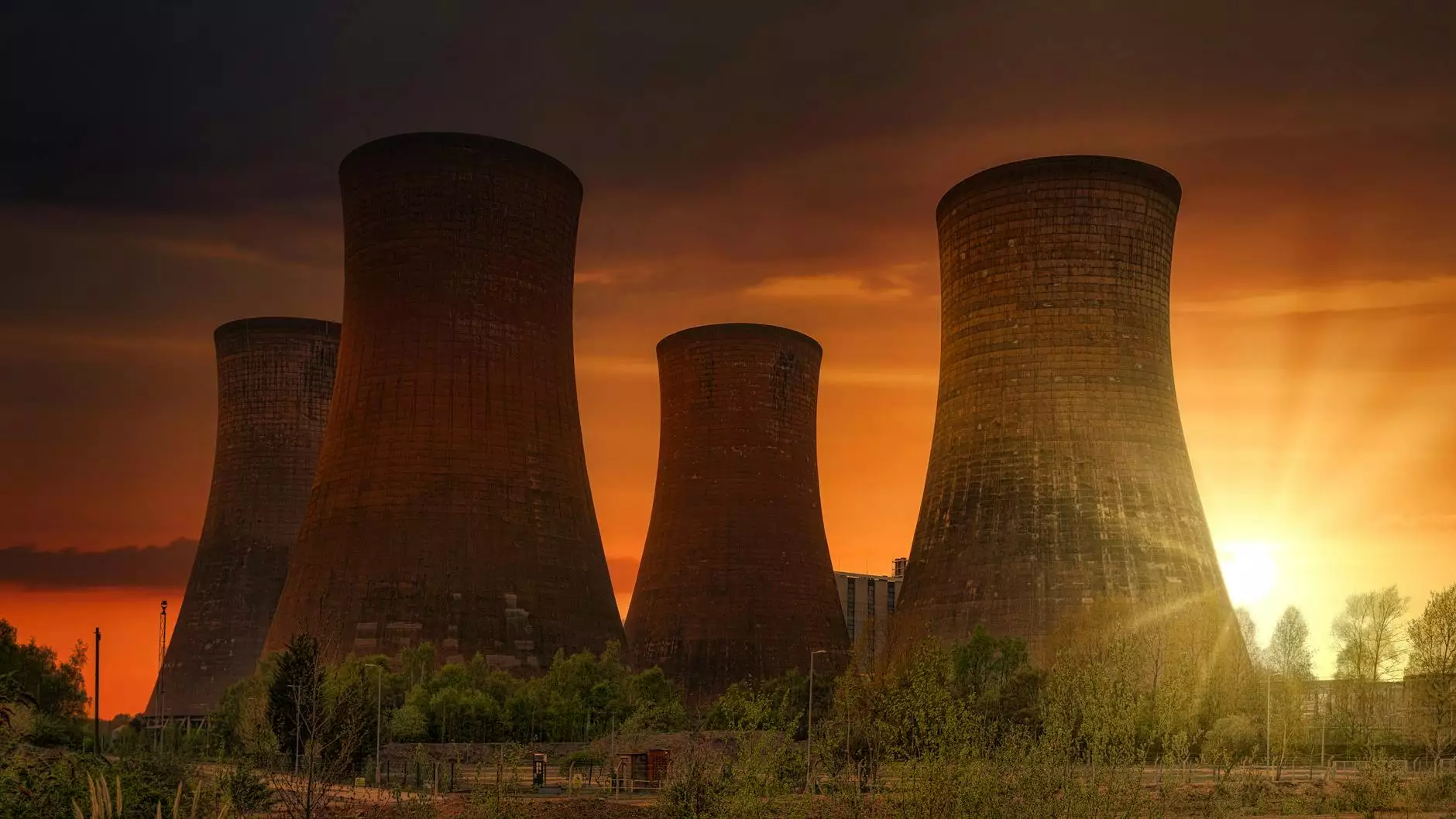Waste Heat Recovery Unit Gas Turbine - Unlocking Efficiency for Sustainable Business Growth

In today's fast-paced business world, optimizing energy efficiency and reducing carbon emissions have become key priorities. For Home & Garden, Furniture Stores, and Lighting Fixtures & Equipment businesses, waste heat recovery units for gas turbines are emerging as game-changing solutions for unlocking efficiency and driving sustainable growth.
What is a Waste Heat Recovery Unit Gas Turbine?
A waste heat recovery unit (WHRU) captures and utilizes the heat generated by gas turbines during their operation. Gas turbines play a vital role in various industries as they efficiently convert fuel into electricity or mechanical power. However, a significant amount of heat is wasted during this process.
By integrating a WHRU into gas turbine systems, businesses can harness the otherwise wasted heat and transform it into usable energy. This system not only reduces energy consumption and costs but also contributes to a greener and more eco-friendly operation.
The Benefits of Waste Heat Recovery Units for Gas Turbines
1. Enhanced Energy Efficiency: Waste heat recovery units significantly improve a gas turbine's overall energy efficiency. By capturing and reusing waste heat, businesses can reduce their reliance on additional energy sources, leading to substantial cost savings in the long run.
2. Environmental Sustainability: Incorporating WHRUs into gas turbine systems helps businesses reduce their carbon footprint, making a positive impact on the environment. By maximizing energy efficiency and minimizing waste, companies can contribute to a more sustainable future.
3. Cost Savings: Waste heat recovery units provide businesses with a cost-effective solution for energy generation. By utilizing the heat that would otherwise go to waste, companies can reduce their dependence on external energy sources, thereby lowering operational costs.
4. Increased Operational Flexibility: Waste heat recovery units enhance operational flexibility by utilizing heat from various processes in a gas turbine system. This enables businesses to optimize energy distribution, adapt to changing demands, and streamline operations more effectively.
Optimizing Business Operations with Waste Heat Recovery Units
Integration of waste heat recovery units into gas turbine systems can revolutionize the operational efficiency of Home & Garden, Furniture Stores, and Lighting Fixtures & Equipment businesses. Let's explore a few ways these industries can benefit:
1. Home & Garden:
Home and garden businesses often require significant energy for lighting, heating, cooling, and maintaining a comfortable environment for their customers. By implementing waste heat recovery units, these businesses can minimize energy wastage, increase efficiency, and reduce operating costs. Moreover, the eco-friendly nature of WHRUs aligns with the sustainability preferences of modern consumers, enhancing brand reputation and customer loyalty.
2. Furniture Stores:
Furniture stores often operate large showrooms that require constant temperature control and lighting. By integrating waste heat recovery units into their gas turbine systems, furniture stores can reduce their reliance on external energy sources, resulting in substantial cost savings. Moreover, the improved energy efficiency ensures a comfortable shopping experience for customers while reinforcing the store's commitment to environmental sustainability.
3. Lighting Fixtures & Equipment:
The lighting fixtures and equipment industry heavily relies on electric power, making energy consumption a significant concern. Waste heat recovery units enable businesses in this sector to generate energy more efficiently, reducing their carbon footprint and minimizing operating costs. By embracing WHRUs, companies can position themselves as leaders in sustainable practices and gain a competitive edge in the market.
Conclusion
With the rising importance of energy efficiency and sustainability, waste heat recovery units for gas turbines have emerged as powerful solutions for businesses in the Home & Garden, Furniture Stores, and Lighting Fixtures & Equipment categories. By incorporating WHRUs into their operations, companies can unlock unprecedented levels of efficiency, reduce carbon emissions, and achieve substantial cost savings. Embracing these innovative technologies not only positions businesses as environmental stewards but also enhances their competitiveness in today's market.



